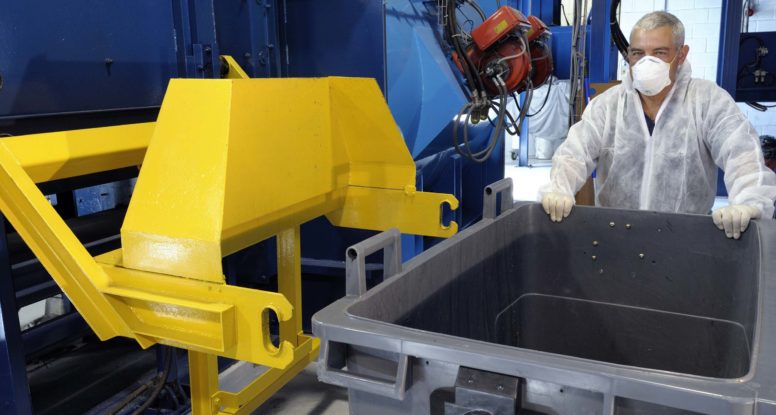
Disinfection and infection control
Designing an effective disinfection plan is a critical part of your facility operations and contamination control programme.
Diseases caused by bacteria, viruses, fungi and other parasites are major causes of death, disability, and social and economic disruption for millions of people Worldwide. The lost productivity, missed educational opportunities and high healthcare costs caused by infectious diseases directly impact businesses, families and communities.
The adverse impact of infectious diseases is most severe among the poorest people, who have the fewest material, physical and financial resources to draw from and limited or no access to integrated healthcare and prevention tools. However, infectious diseases raise awareness of a common global vulnerability and highlight the need for strong healthcare systems and prevention control practices.
Step by step infection control strategy
-
An initial survey is conducted to ascertain the degree of contamination present. Once established we will recommend the optimum sterilisation method to ensure a pathogen-free environment.
-
Typically, a decontamination programme would entail carrying out an initial intensive sweep of the area using a biocidal cold fogging process to ensure optimal virus kill. Bio-fogging is the process used to disperse a specialist disinfecting agent via vaporisation to eliminate and control diseases and kill microorganisms, both airborne and surface-based. As the particles settle onto all surfaces, even the ones never touched by conventional cleaning, the biocide continues to kill any surface contamination.
-
Only the very best chemical hygiene disinfectant used in the fogging process will control infection. Our infection control product is the most innovative solution to prevent and control infections in any environment and in any surface. It is a new biocidal cleaner and disinfectant which through testing and trials within NHS Hospitals has proven to kill MRSA and C.diff 1500 times more effective than the strict EN 1276 requirement, killing pathogenic organisms within one minute in both clean and dirty conditions. It has to date killed every virus, spore and bacteria and has been highly tested on MRSA, C.diff (including C.diff spores), Norovirus and many more pathogens in 1/5 of the EN 1276 required time.
-
Once the decontamination process via the fogging method is complete and the area is virus free, we highly recommend that preventative measures are adopted in order to avert further outbreaks. Installing specialist U-VC airborne disinfection equipment to keep microorganisms at bay will ensure that the area is kept virus free 24/7. The continuous change of air minimises the bacterial charge of the environment that does not experience alterations in the concentration of suspended microorganisms. The system eliminates every type of virus including HIV, HBV, TBC, bacteria, germs and microorganisms.
-
As a further preventative measure we offer a structured service and maintenance programme to suit your requirements or budget. Scheduled visits can include room sample-taking to keep viruses in check, repeat treatment, regular routine equipment maintenance, etc. Recommendations on the frequency of visits vary according to business type and legal requirements – employers have a duty to protect workers from hazards encountered during their work: this includes microbiological hazards (COSHH 2002).
If left unattended, pathogens can be life threatening. Our disinfection methods and products are effective against the following specific organisms:
Our disinfection service applications
- Transportation: buses, taxis, planes, cruise ships, cargo
- Leisure industries: gyms and health clubs
- Food preparation and manufacturing areas
- Constructions and mould eradication
- Schools and nurseries
- Nursing and care homes
- Hospitals and clinics
- Laboratories
- Dentists
- Vets
- Prisons
- Hotels
- Restaurants
- Offices
Customer pledge
In delivering our bespoke service, our experienced and specialized staff will provide:
- Proven infection control
- Disinfection protocol drafted according to client needs and requirements
- A written Survey Report including rates and work schedules
- Service and maintenance contract to meet client expectations and budget
- Treatments using only approved products to specification
- Compliance with Health and Safety requirements
- Verifiable decontamination process
- Rapid response: 24 hours, 7 days a week
- Cost effectiveness
- Minimum disruption
- Discretion and confidentiality
- Quality assurance
We trust that you will find our products and services relevant to best practice within your work environment and look forward to meeting with you to discuss your requirements in detail.
